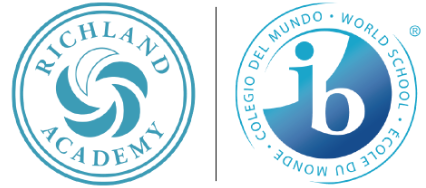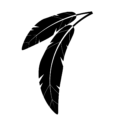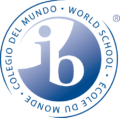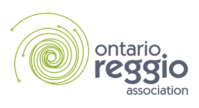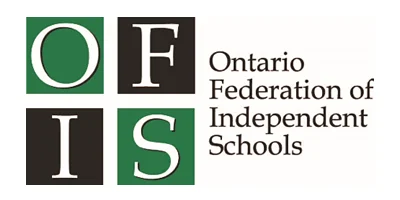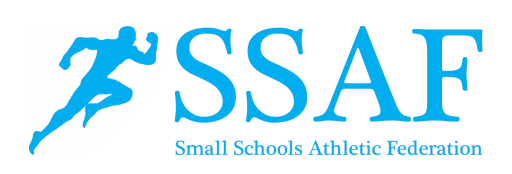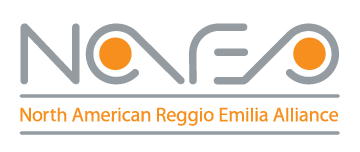During one of our recent Morning Meetings in Junior Kindergarten, where we share stories, information, and the unfolding day as a community, I began to consider and reflect upon the term ‘New Knowledge’. I realized that I had used this term to think about what it means when a child brings something ‘new’ to JK to share with us. Putting this term and my understanding of it into context for 4 year olds began to entice me towards deeper meaning. As items arrived with the children in various forms and of different materials, a deeper understanding began to unfold. Upon reflection, I realized that this ‘New Knowledge’ concept was working its way into the fabric of our JK community, as each item of interest arrived at school and by the children themselves. ‘New Knowledge’ was enriching our learning, expanding our thoughts, deepening our questions and affecting us in many ways.
Upon reflection, I realized that this ‘New Knowledge’ concept was working its way into the fabric of our JK community, as each item of interest arrived at school and by the children themselves. ‘New Knowledge’ was enriching our learning, expanding our thoughts, deepening our questions and affecting us in many ways.
‘New Knowledge’ is taking shape, emerging and extending in our rich environment. The children, as well as their families were becoming completely engaged in our inquiry work. The tale really begins with one of the JK children creating a tiny habitat for one garden snail, which she brought to school one morning, to share with her classmates. In the days that followed, a ‘family of snails arrived’ creating a focus and the possibilities for rich inquiry learning. These words were shared, “I think this snail is lucky. He is going to have lots of friends.”
The tale really begins with one of the JK children creating a tiny habitat for one garden snail, which she brought to school one morning, to share with her classmates. In the days that followed, a ‘family of snails arrived’ creating a focus and the possibilities for rich inquiry learning. These words were shared, “I think this snail is lucky. He is going to have lots of friends.”
Possibilities such as linking our Identity to the family of snails, exploring mathematical concepts such as numeracy, spirals, design of habitats, determining theories and researching about ‘I wonders’, are just a few that are prevalent at this time in JK. As the family of snails outgrew each habitat, the children’s knowledge also expanded and flourished. Their curiosity, their understanding, their documentation and their representations of their ‘New Knowledge’ became of much importance to the children. The needs of these creatures from nature, taking care and ensuring that our garden snails were “safe and happy” were truly honoured by the children.
As the family of snails outgrew each habitat, the children’s knowledge also expanded and flourished. Their curiosity, their understanding, their documentation and their representations of their ‘New Knowledge’ became of much importance to the children. The needs of these creatures from nature, taking care and ensuring that our garden snails were “safe and happy” were truly honoured by the children.
‘New Knowledge’ comes in many shapes and forms. Each day our palette was created from factual books and storybooks about snails, from feeding the snails ‘tasty bites’, looking closely at these wondrous creatures, and sharing observations about the snails’ behaviours. All were thoughtful and meaningful for the children. Each encounter with the snails pushed and poked us to learn more. Much material continued to arrive, as our families became profoundly engaged through their children’s interests and excitement, together with the children, they searched, ventured into the learning and joined us in examining and probing ‘New Knowledge’. Diagrams, photographs, comments and stories shared by the children continued to arrive in abundance and united us in the pursuit of ‘New Knowledge.’ ‘New Knowledge’ assisted us to gain deeper meaning into this powerful interest of the children.
Much material continued to arrive, as our families became profoundly engaged through their children’s interests and excitement, together with the children, they searched, ventured into the learning and joined us in examining and probing ‘New Knowledge’. Diagrams, photographs, comments and stories shared by the children continued to arrive in abundance and united us in the pursuit of ‘New Knowledge.’ ‘New Knowledge’ assisted us to gain deeper meaning into this powerful interest of the children. The children are now using the term daily in school and with each other. “I brought some new knowledge to school today.” Our families are engaged and building onto the ‘New Knowledge’ by searching together for photos, a diagram, or a discovery about snails. A relevant home task emerged: “Please Google garden snails with Mom or Dad and see what New Knowledge you can bring to our morning meeting or share with us at school.” Facts about our snails’ eating habits were explored, as we discovered that the snails love cucumber: “I brought a tasty bite for the snails.” Delightful surprises and moments arose daily. One child dug in her vegetable garden and brought baby carrots to school for our snails, leading us into exploring how carrots grow, root vegetables, and how to tend to a garden. Another child used a small cardboard box and a belt to create and attach a snail shell on top of her back, as she morphed into a garden snail.
The children are now using the term daily in school and with each other. “I brought some new knowledge to school today.” Our families are engaged and building onto the ‘New Knowledge’ by searching together for photos, a diagram, or a discovery about snails. A relevant home task emerged: “Please Google garden snails with Mom or Dad and see what New Knowledge you can bring to our morning meeting or share with us at school.” Facts about our snails’ eating habits were explored, as we discovered that the snails love cucumber: “I brought a tasty bite for the snails.” Delightful surprises and moments arose daily. One child dug in her vegetable garden and brought baby carrots to school for our snails, leading us into exploring how carrots grow, root vegetables, and how to tend to a garden. Another child used a small cardboard box and a belt to create and attach a snail shell on top of her back, as she morphed into a garden snail. As I shared this piece with a colleague for interpretation and as a critical friend, she led me to her research about ‘Knowledge Building.’
As I shared this piece with a colleague for interpretation and as a critical friend, she led me to her research about ‘Knowledge Building.’
Ms Pearson shared that, “Knowledge Building is the production and continual improvement of ideas of value to a community, through means that increase the likelihood that, what the community accomplishes will be greater than the sum of individual contributions and part of broader cultural efforts.”
Knowledge building may be defined simply as, “The creation, testing, and improvement of conceptual artifacts. It is not confined to education but applies to creative knowledge work of all kinds. These pursuits should advance the current understanding of individuals within a group, at a level beyond their initial knowledge level, and should be directed towards advancing the understanding of what is known about that topic or idea.” As I continued to think about ‘New Knowledge’ and how we interpret and make meaning with the children, I realized that this was a fresh and innovative perspective, a different angle of knowing, that was deepening our learning.
As I continued to think about ‘New Knowledge’ and how we interpret and make meaning with the children, I realized that this was a fresh and innovative perspective, a different angle of knowing, that was deepening our learning. The importance of a sound foundation of knowledge, repeated frequently, is so important for building a new awareness about an authentic interest or subject. Learning through many different activities, offering many materials and practice, all are necessary to build upon and develop rich knowledge. Research shares that repeated exposure to knowledge deepens our understandings.
The importance of a sound foundation of knowledge, repeated frequently, is so important for building a new awareness about an authentic interest or subject. Learning through many different activities, offering many materials and practice, all are necessary to build upon and develop rich knowledge. Research shares that repeated exposure to knowledge deepens our understandings. It has been and continues to be, most powerful and profoundly inspiring, to observe the children making insightful connections. Best of all, I look to the JK children whom are speaking the words, stories and theories of ‘New Knowledge’ with each other.
It has been and continues to be, most powerful and profoundly inspiring, to observe the children making insightful connections. Best of all, I look to the JK children whom are speaking the words, stories and theories of ‘New Knowledge’ with each other.
“Knowledge is the food of the soul.” ~ Plato

